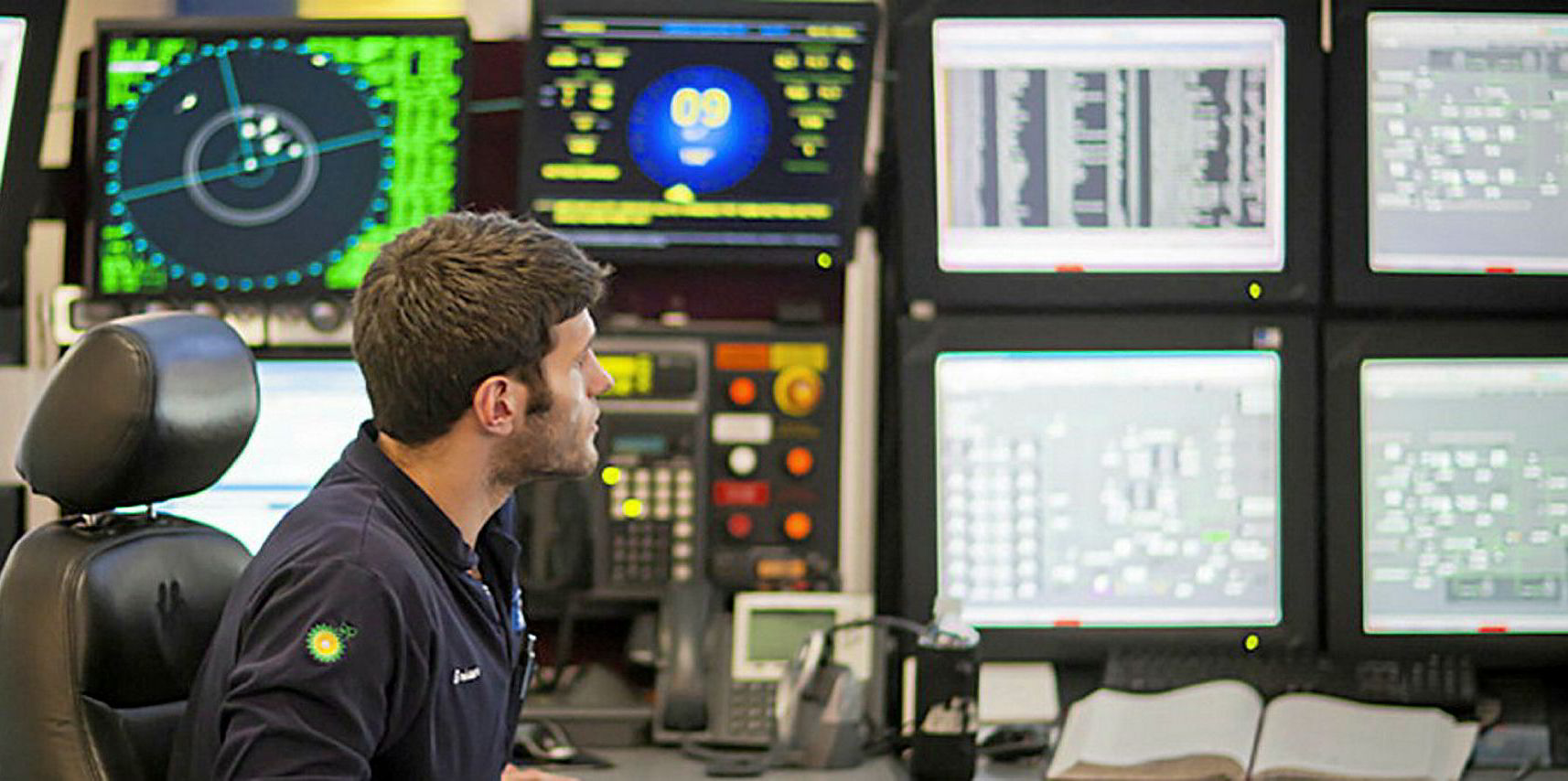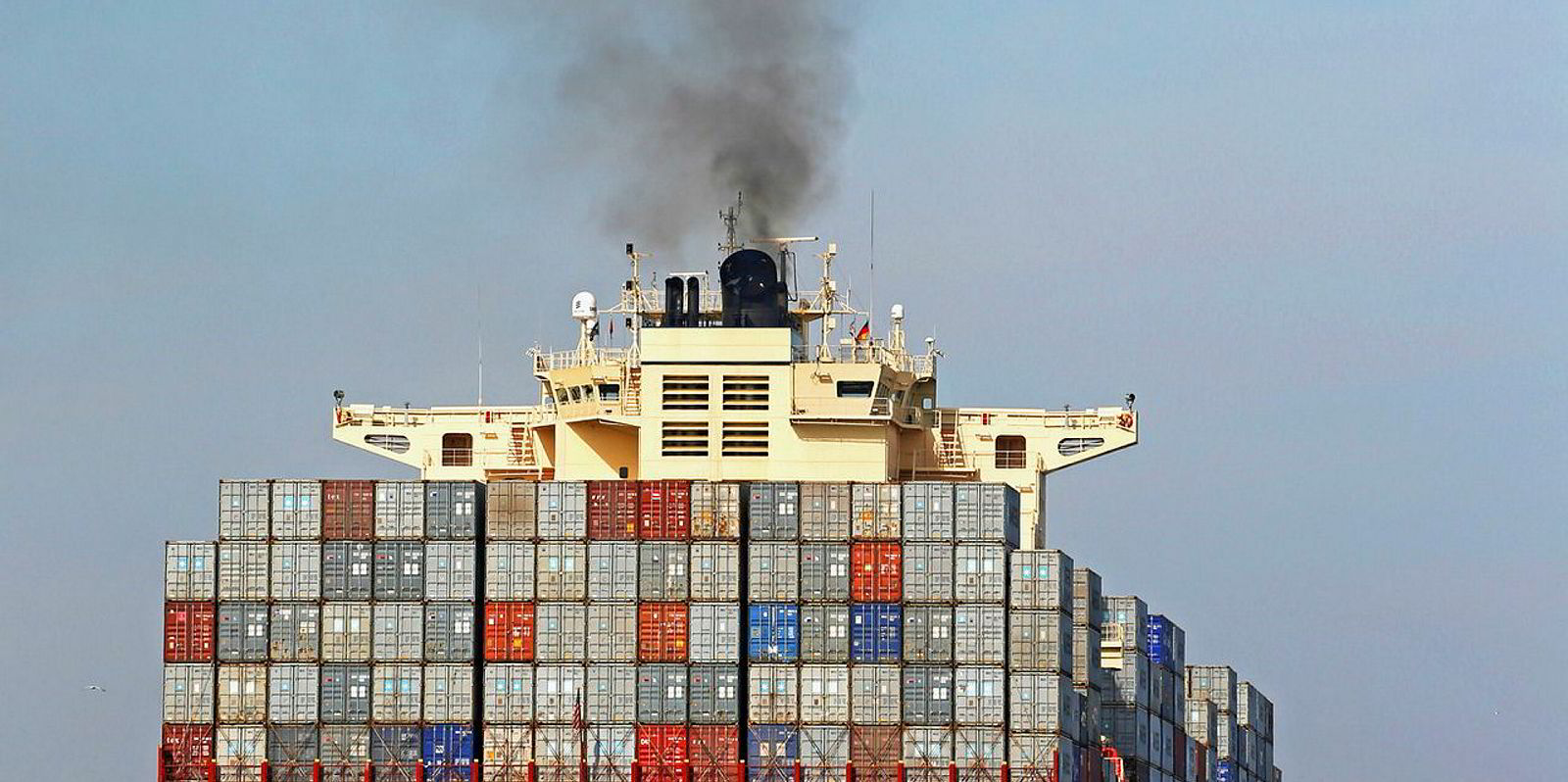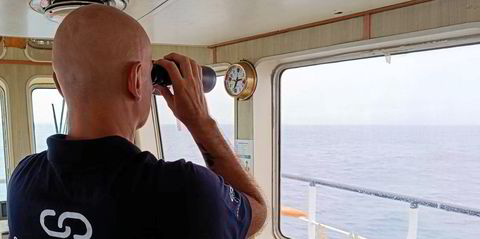A fund for research into zero-carbon fuel for ships recently proposed by shipowners must not become a “bottomless pit” of wasted money, as leading figure in Greek shipping has warned.
Haralambos ‘Harry’ Fafalios said the $5bn fuel levy fund idea announced last month should not move responsibility from shipyards and engine manufacturers for finding low and zero carbon ship propulsion.
Last month, shipowners’ bodies including the International Chamber of Shipping, Intertanko and Bimco unveiled a proposal for a $2 per tonne fuel levy to create an international fund to lead research into new environmental propulsion technology.
Fafalios, chairman of the Greek Shipping Cooperation Committee, cautioned this week: “One has to be very careful to ensure that such a fund will channel its resources in the right direction and not become a bottomless pit of misused financial resources.”
Speaking at the committee’s Orthodox New Year Vassilopitta reception at the Baltic Exchange, he added: “Most of all it is the responsibility of shipbuilders and marine propulsion manufacturers to look for the appropriate future powerplants that our industry will need.”
In an example of the research already underway in industry, this week shipard Samsung Heavy Industries, engine builder MAN Energy Solutions, shipowner MISC Berhad and class society Lloyd's Register announced a joint development project for an ammonia-fuelled tanker.
In its launch statement, the fund’s backers said: “The $5bn in core funding over a 10-year period generated from contributions is critical to accelerate the R&D [research and development] effort required to decarbonise the shipping sector and to catalyse the deployment of commercially viable zero carbon ships by as early as 2030s.”
The proposal has been made as shipping is facing increased pressure to set out a clear path to reaching a target cutting greenhouse gas emissions by 50% of the level in 2008 by 2050.
Many observers believe that to hit the target, zero-carbon propulsion for deepsea ships will be needed by 2030.
Rival proposals to impose a relatively modest worldwide carbon tax on bunker fuel to incentivise emission reduction could raise up to $70bn, it has been estimated.
Fafalios acknowledged the questions around the outlook for the industry.
“Regardless of this uncertainty Greek companies are continuing to renew and update their fleet at a fair pace in order to continue to remain the world’s most prominent and energy efficient tonnage providers,” he said.
“Greek owners are also closely looking at alternative fuels, such as LNG, in order to be at the forefront of the environmental debate.”
He said the committee’s members would continue to lobby the Greek government to support training for the industy.
“In Greece we will continue to remind the Government to invest more in merchant marine education academies and if they cannot do so at least permit private sector schools to help fill the gap,” he said.
“We must also stress the need to have more effective governmental representation on a national level at the IMO and the EU, and that such individuals should have a longer stay in these posts.”






